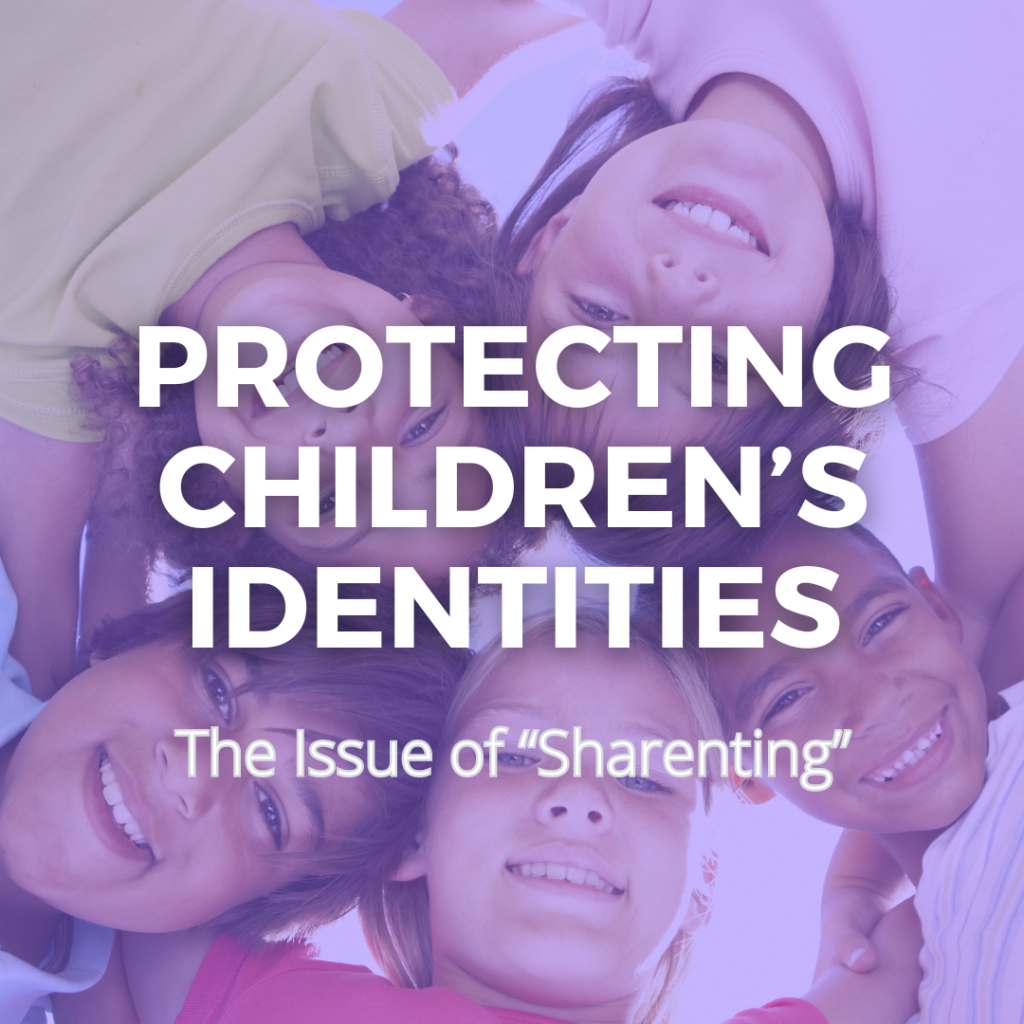How to Protect Your Child’s Identity When Posting Online?
Jan 12, 2024
As is the nature of parents, they enjoy sharing information and pictures of their children. This expected pastime has become more prevalent online. Experts developed a term describing this type of oversharing, calling it “sharenting.” However, it also raised concerns about children’s privacy. Such worry especially applies to a child’s online presence, especially before they’re old enough to create social media accounts.
Parents proud of their children want to brag about them. They often want to share their kids’ accomplishments with friends and relatives, which social media makes deceptively easy. Unfortunately, many forget about the potential consequences of oversharing such information. For example, they could risk their child’s safety, identity, and more.
Protecting Your Child From Identity Theft
Experts have commented on how little thieves need to steal a child’s personal information. For example, they could learn too much just from a picture posted online. Thieves could discover your location, such as what school or recreational area they frequent, from a picture alone. It is crucial to consider what you share online.
One risk your child faces from such casual sharing is identity theft. The younger the child, the longer it can take for anyone to realize a thief has taken their identity. By the time anyone realizes it, the thief could deal considerable damage to the child’s credit or criminal history. Identity theft could tarnish the child’s ability to obtain loans, work, or housing. Such damage could take years to resolve.
Be Careful When Posting
Take care when discussing your children or posting pictures of them in public social media forums. Even posts you make on private accounts can become public due to interaction by family or friends. As such, parents should avoid sharing too much information. Examples include the child’s name, age, or birthdate. Identity thieves look for this information online.
Consider checking the privacy policy and settings of any website you post on. If available, customize these settings to ensure posts privately made do not leak to the public. Regardless, any privacy adjustments could improve your control over who accesses your child’s information and pictures.
However, this practice should not be the only precaution you take. Anyone with access to your posts can still propagate the child’s information. Those with access can still share and leak the child’s data despite the posts’ restrictions.
No matter how careful you are, you cannot account for how others will use or spread your child’s information. You could do everything correctly, but thieves could still steal your child’s identity. If you suspect someone has stolen your child’s identity, consider running a credit or background check for them. Self-check can inform you whether someone has committed crimes or opened accounts under your child’s name.
Protect your and your children’s identity today. Click here to run a self background check
